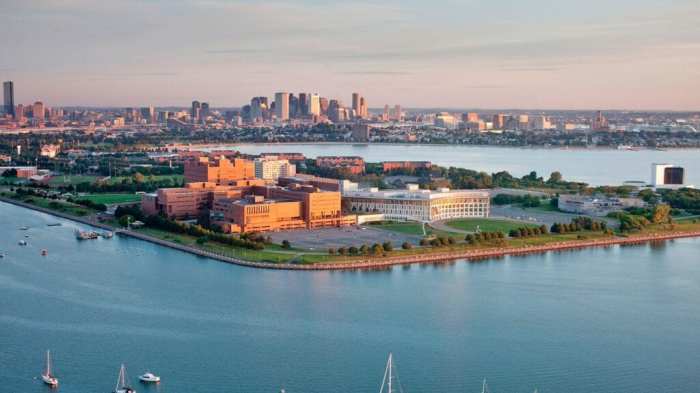Location and Accessibility
UMass Boston is situated in the vibrant heart of Boston, Massachusetts, providing students with unparalleled access to the city’s cultural, educational, and professional opportunities. Its convenient location in the bustling neighborhood of Dorchester makes it easily accessible by various transportation options.
Public Transportation
UMass Boston is seamlessly connected to Boston’s extensive public transportation network. The campus is served by the MBTA Red Line’s JFK/UMass Station, which provides quick and convenient access to downtown Boston, Cambridge, and other major destinations. Additionally, numerous bus routes operate near the campus, offering easy commuting options for students residing in surrounding areas.
On-Campus Facilities
The university recognizes the importance of accessible transportation for its students. UMass Boston offers a free shuttle service that connects the campus to nearby public transportation hubs and residential areas. This service ensures that students can conveniently travel to and from campus, regardless of their preferred mode of transportation.
Proximity to Amenities
The university’s central location in Boston provides students with easy access to a wide range of amenities. The campus is surrounded by shops, restaurants, entertainment venues, and cultural attractions, offering students a rich and vibrant living experience. Additionally, the nearby Seaport District and South Boston Waterfront offer scenic green spaces, waterfront dining, and recreational opportunities, further enhancing the quality of life for UMass Boston students.
Research and Innovation
UMass Boston is a hub of research and innovation, with a strong commitment to advancing knowledge and solving real-world problems. The university boasts a diverse portfolio of research projects and initiatives that span various disciplines, from life sciences and engineering to social sciences and humanities.
UMass Boston researchers are actively engaged in groundbreaking research that is making a significant impact on the world. Notable projects include the development of new therapies for cancer and other diseases, the creation of innovative materials for sustainable energy, and the study of complex social issues such as poverty and inequality.
Translational Research
UMass Boston is particularly renowned for its translational research, which involves applying basic research findings to develop practical solutions to societal challenges. For example, researchers at the university’s Center for Coastal Environmental Health and Biomolecular Research are developing new methods to detect and remove harmful pollutants from coastal waters.





